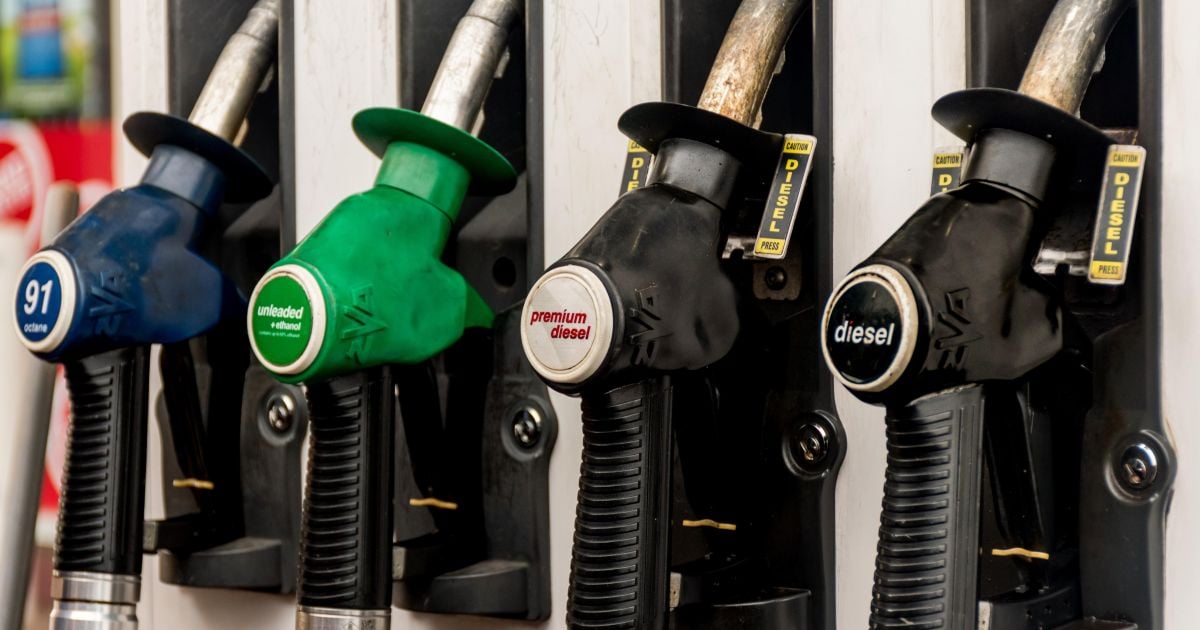Highlights of CAPA Airline Leader Summit Australia Pacific – Travel Weekly

- by Admin
- September 12, 2024

Delays in new aircraft delivery, supply-chain issues, terminal upgrades, premium travel, the failure of China to return to global travel, plus sustainable fuel were the hot topics for the hundreds of delegates who attended Day 1 of the CAPA Airline Leader Summit Australia Pacific at The Star in Brisbane today.
On sustainable aviation fuel, while progress at home lagged, Qantas executive manager climate change Fiona Messent said the UK Government’s policy approach to encouraging the use of (SAF) is “something we can emulate here in Australia”.
Developing the SAF sector in Australia “absolutely requires the engagement of government and industry”, she said and it would require a combination of government subsidies and mandates to build scale to a commercial level and make SAF “affordable for everyone”.
The aviation industry is “really putting the pressure on” to develop the sustainable aviation fuel (SAF) sector in Australia. Messent said the economic potential of a local SAF industry “is material”, with the potential to deliver fuel security, create up to 70,000 jobs and make a AU$13 billion contribution to the local GDP by 2040. She said SAF is “a really good opportunity for Australia”.
While Australia is a major producer of feedstock, used to created SAF, the country is falling behind other countries when it comes to creating an industry not only in Australia but for the world. At present there are only two small sustainable fuel plants in Australia – Perth and Geelong.
“This is Australia’s opportunity to do a real moonshot,” said Stephen Forshaw chief representative, Australia, NZ & Pacific, for Airbus, saying Australia could be a SAF “superpower”.
“But a future made in Australia policy will look like a future made in Singapore,” if a more isgnificant effort is not made.
“It’s not ‘Do we want to do it?’, it’s ‘We have to do it’,” he said.
But “fancy fuels” were out of the equation for those most affected by climate change, said Nauru Airlines CEO Brett Gebers. He added that getting a fuel truck to the plane on a Pacific island, let alone how to get SAF there was a more pressing issue.
Meanwhile, Association of South Pacific Airlines (ASPA) secretary general David Tohi, said the South Pacific is characterised by “vast distances, small populations, [and] long thin routes”.
Tohi highlighted the challenges of connectivity and logistics facing airlines in the region, even though maintained their presence during Covid while routes to the Pacific from the major airlines evaporated.
He said the region’s most successful carriers tend to benefit from “not so much government influence or interference”, are based in countries with good infrastructure and have “better skilled” workforces.
On global supply chain issues, Air India CEO Campbell Wilson said developing a local maintenance, repair and operations (MRO) industry has been a “priority for us and government”.
“The faster the repair cycle the stronger the supply chain,” he said. Wilson added that constructing pilot training facilities is a “necessity for the sheer scale of our growth”.
After the China market failed to return, VietJet’s focus moved to the 1.6 billion people of India and to the Australian market with its strong Vietnamese diaspora, said director Chu Viet Cuong.
The Summit, attended by 500 delegates from 22 countries, plus 100 representatives from 31 carriers, and being held in Brisbane for the second time in a row, continues tomorrow.
The Latest News
-
November 22, 2024Australian coffee culture is world-class. Here’s how it’s about to get better
-
November 22, 2024Aussie golfers make strong start to Tour Championship
-
November 22, 2024Why the AFC has a huge impact on the Australian fashion industry – RUSSH
-
November 22, 2024‘Controversial’ DRS call burns India in early drama
-
November 22, 2024Cricket ready to honour Phillip Hughes on 10-year anniversary





